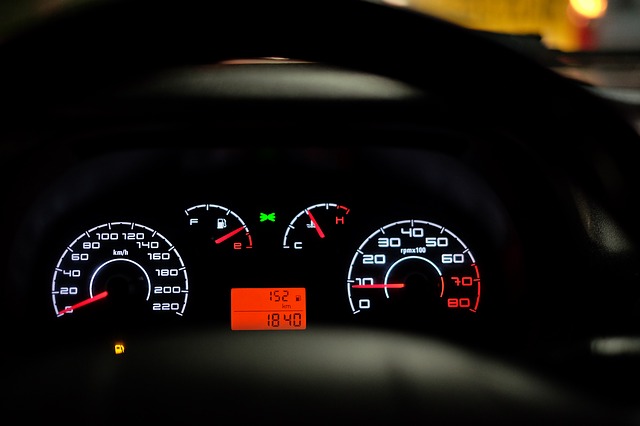With the price of new cars seemingly skyrocketing in recent years (particularly electric models), more and more of us are choosing to invest in a second-hand or used car than ever. When you consider a new car depreciates by around 20% every year for the first three years (steepest in the first year), it’s perhaps little wonder so many people opt to avoid the loss-leading purchase of buying new and instead choose to look around the used car market.
Buying and selling cars is easier than ever these days due to the proliferation of web-based dealerships that have sprung up. As a knock-on effect, consumers now have a bigger choice than was previously possible in the pre-internet days. Nowadays, rather than just being limited by the options that exist in the local showroom, buyers can scour sites nationally and even internationally to find the perfect vehicle for their needs.
The used car checklist
The distancing and isolation measures caused by the recent COVID outbreak have changed the way people are buying and selling used vehicles. However, most of the commonsense rules still apply. It’s also worth bearing in mind, as a result of the virus, there is now a massive range of web-based second-hand dealers that offer vehicle checks, extended warranties and lengthened test drive periods – for example, this dealer specializing in used cars Essex.
Buy a car that is at least a year old: The depreciation of vehicles is sharpest in the first year so go for a model that is at least one year old to save money.
Check the mileage: Although opinions vary, most industry experts suggest a vehicle should do around 20,000 miles per year on average running. Any more and you could be buying into troubles – any less and it likely means the car has been used for short-run trips or sitting idle for long periods, neither of which is good from a maintenance point of view.
Petrol vs diesel: Be mindful that diesel cars tend to be more expensive to run and repair – plus there is a huge move globally to phase out diesel engines (even quicker than petrol).
Check the service history: A prospective seller should be more than happy to show you the service history of a vehicle. Check it thoroughly for any anomalies, evidence of accidents, and so on.
Be realistic about what you need: While the racer in you might still be tempted by that two-seat, cabriolet sports model, you need to stay realistic about what (and who) you’re buying the car for. A sports car is hardly going to cut it on the school or shopping run so buy based on your requirements rather than your adolescent aspirations.
Shop around: As mentioned above, the car market is transforming rapidly and there is now stiff competition between both on- and off-line dealers. Shop around and don’t limit yourself to just local choices – you may well find far better deals on the websites of far-flung dealerships. Remember, you hold the cards when buying a vehicle so don’t be pressured into a quick sale. Take your time, scour the internet and evaluate all your options.












